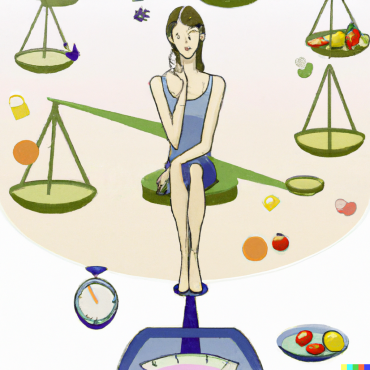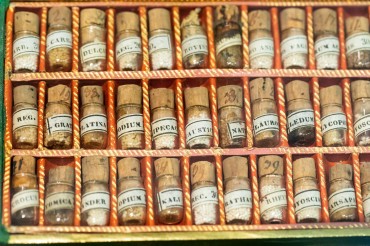Infertility means difficulty in conceiving despite of having regular sex when not using contraception. Many couples take several months to conceive. About 84 couples out of 100 conceive within a year of trying. About 92 couples out of 100 conceive within two years. Looking at this another way, about 1 in 7 couples do not conceive within a year of trying. However, more than half of these couples will conceive over the following year, without any treatment.
Causes of infertility
1. Ovulation problem in women – When an egg is not produced well. The various reasons are hormonal problems like PCOD, premature ovarian failure, menopause, chemotherapy, endometriosis, extremes of weight and chronic illnesses etc.
2. Problem with tube – If it is blocked due to infection, etc. or if it was removed for example in cases of ectopic pregnancy etc.
3. Problems in uterus like polyp, fibroid in uterine cavity or defect in uterus by birth etc.
4. Male partner infertility – The most common reason for male infertility is a problem with sperm, due to an unknown cause. The sperm may be reduced in number, less mobile (less able to swim forwards), and/or be abnormal in their form.
5. Unknown- No cause can be found in about 3 in 10 couples with infertility.
6. AGE – Older women tend to be less fertile than younger women. The fall off of fertility seems to be greatest once you are past your middle 30s. For women aged 35-39, the chance of conceiving is about half that of women aged 19-26. It is also thought that men over the age of 35 are half as likely to achieve a pregnancy when compared with men younger than 25.
Must See: Effects of Late Marriage And Postponing Pregnancy On Our Life
7. Stress – If the male or the female partner is stressed, this can affect libido and how often the couple has sex.
Treatment of infertility
Couples should take healthy diet, avoid alcohol and smoking and have intercourse in the fertile period. It is best not to try to conceive when you have sex to coincide with expected ovulation. This may cause anxiety, which can sometimes lead to sexual or relationship problems. After a couple has had sex, sperm survive for up to seven days. Therefore, even though an ovum (egg) only survives 12-24 hours, having sex two or three times a week is sufficient if you are trying to conceive. Studies have shown that having sex every two to three days is likely to maximize your chance of getting pregnant. You may want to have sex more often, which is fine, but it probably will not increase your chance of conceiving.
Folic acid tablet is advised to women planning for pregnancy.
1. Medicines to improve fertility – These are sometimes used alone, but can also be used in addition to assist conception. Medicines are mainly used to help with ovulation. Ovulation is when the ovary makes and releases an egg (ovum). Women should ovulate about once a month until the menopause. For various reasons, ovulation may not occur at all, or it may occur less often than normal.
2. Surgical treatments – These may be used when a cause of the infertility is found that may be helped by an operation especially, operations for tubal opening or restoration.
3. Assisted conception – This includes several techniques such as intra-uterine insemination (IUI), in-vitro-fertilization (IVF), gamete intra-fallopian transfer (GIFT), and intra-cytoplasmic sperm injection (ICSI).





















































Comments